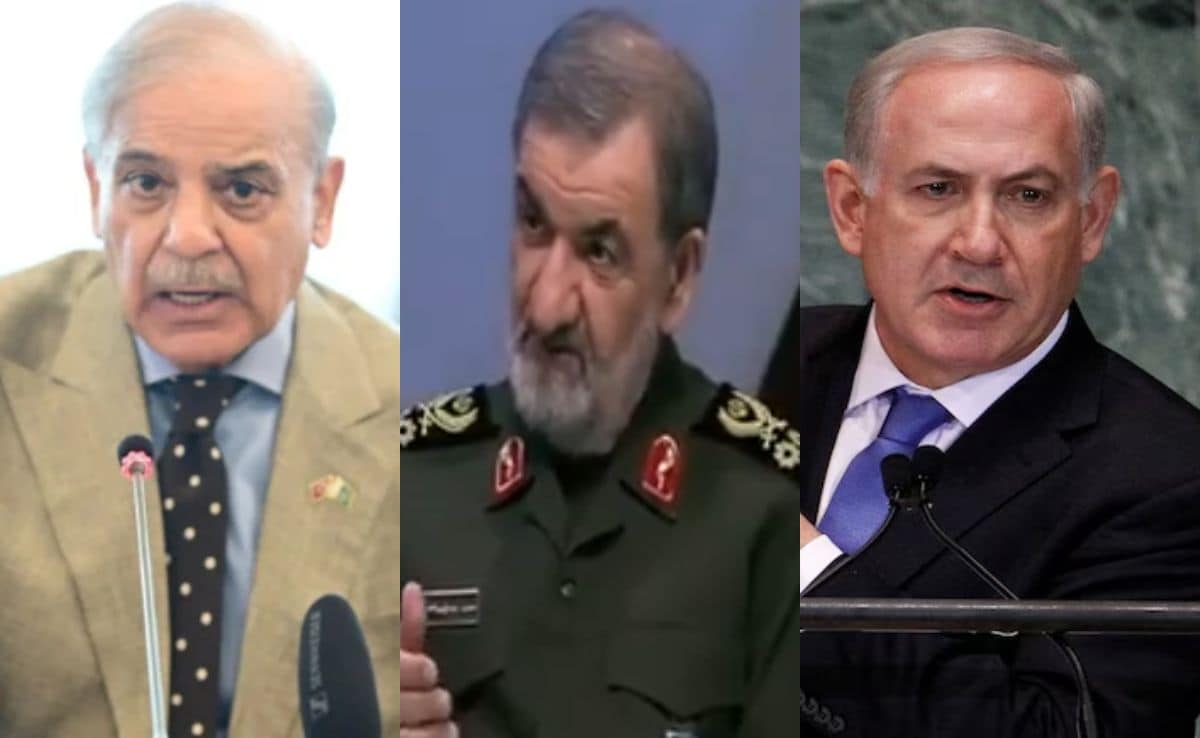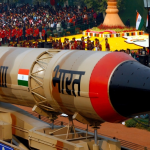A top Iranian official has claimed that Pakistan has vowed to launch a nuclear strike against Israel if Tel Aviv uses nuclear weapons against Iran, raising alarm over the potential for broader escalation in the Middle East conflict. The statement, however, has not been officially endorsed by Islamabad.
General Mohsen Rezaei, a senior member of Iran’s Islamic Revolutionary Guard Corps (IRGC) and the country’s National Security Council, made the assertion on Iranian state television, stating, “Pakistan has told us that if Israel uses nuclear missiles, we will also attack it with nuclear weapons.” His remarks come amid ongoing hostilities between Israel and Iran, including Israeli airstrikes on Iranian facilities and Iranian missile retaliation.
The claim has triggered concern across the region, especially given Pakistan’s capability to strike Israel using its Shaheen-3 ballistic missile, which has a range of up to 2,700 kilometers. While the missile is operational within Pakistan’s strategic arsenal, the Pakistani military has not issued any statement confirming its intended use in the current Israel-Iran conflict.
Pakistan’s official stance has so far remained diplomatic, with no confirmation of the Iranian general’s claims. Defense Minister Khawaja Asif, in a recent address to Parliament, condemned Israel’s military actions and called for unity among Muslim nations. He urged countries with diplomatic ties to Israel to sever them and pressed the Organization of Islamic Cooperation (OIC) to adopt a united strategy.
Prime Minister Shehbaz Sharif echoed support for Iran, strongly criticizing Israeli strikes and calling on the international community to intervene. However, he did not indicate any military commitments, let alone nuclear ones.
The Iranian general’s statement appears to reflect strategic signaling rather than a confirmed bilateral understanding. It also raises the stakes in a region already bracing for the fallout from active hostilities. Several Israeli and Iranian military targets have reportedly been hit in the past week, resulting in multiple casualties.
Global powers are watching the situation closely. Security analysts suggest that while the Iranian claim may be aimed at deterrence, it risks dragging additional nuclear-armed states into the Israel-Iran conflict, which could have devastating regional consequences.
As of now, Pakistan maintains a posture of diplomatic support for Iran without indicating any direct military involvement. The assertion of nuclear retaliation remains a one-sided declaration by Iran, lacking formal corroboration from Pakistani authorities.
The situation remains tense, and with nuclear rhetoric now entering the discourse, the urgency for de-escalation and international diplomacy is greater than ever.













